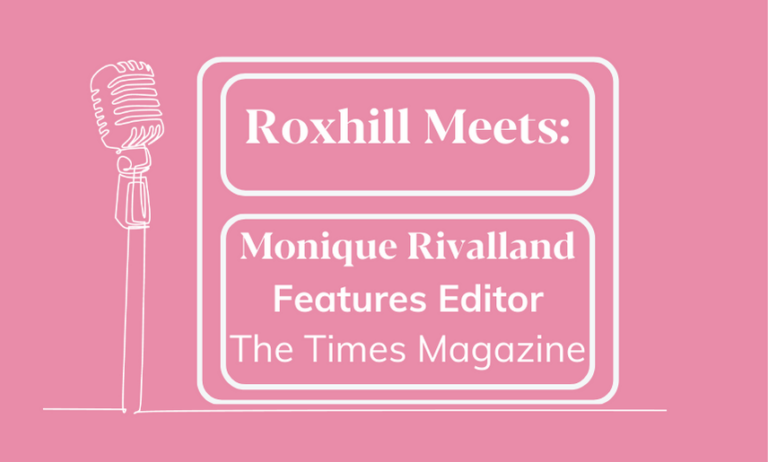
Our survey said... something interesting?
In the absence of exciting news, the easiest way to drum up coverage for clients tends to be survey results. Typically, that’s a poll of members of the public; either customers that your client has contacted, or anonymous people canvassed by market researchers like Mintel.
I’ve always been sent plenty of these but the volume has soared during the pandemic, presumably because other traditional avenues to publicity (e.g. press trips) have temporarily been rendered as cul de sacs. Previously, when my weekly Metro page was running, I’d use them so often as fun NIBs (news-in-briefs) for my ‘Good Week, Bad Week’
I’ve always been sent plenty of these but the volume has soared during the pandemic, presumably because other traditional avenues to publicity (e.g. press trips) have temporarily been rendered as cul de sacs. Previously, when my weekly Metro page was running, I’d use them so often as fun NIBs (news-in-briefs) for my ‘Good Week, Bad Week’
The problem is that, very often, the results are anodyne and wholly predictable. Brits’ favourite holiday destination is Cornwall? No way! Paris has been voted the world’s most romantic city? Who’d have ever guessed the City of Love would top such a poll?! There’s nothing notable or, frankly, interesting about these results, either. I want to know that Darlington has come a shock second in that holiday-destination poll, or that New York finished a dismal 14th place amid the romantic cities chart. Both of those would be newsworthy.
There are other pitfalls to avoid with surveys. Ensure a decent amount of people have been surveyed – ideally over 1,000 – to guarantee credibility. Avoid suspiciously-convenient results, e.g. “the top-ranked country was Vietnam, where my client, Vietnam Holidays, has…” And try to analyse something likely to be interesting to the masses (rather than, for instance, a survey of which flavoured teas people first drink in hotel rooms – zzzzz….).
A similar logic – only publicise interesting results – should apply when you’re promoting analysis of clients’ sales data. If a big adventure-tour firm such as G or Intrepid told me that Egypt, Peru or Kilimanjaro tours were this decade’s best-sellers, I’d say: “so what?” But if they said that bookings to Eritrea were up 545%, I’d be curious, because that’s unexpected. Which makes it newsworthy.
One last fail to avoid in terms of client-data analysis is promoting a massive rise or fall in interest/bookings for a very minor destination. So, for instance, it initially sounds notable that sales of cottages on the isle of Foula have soared by 400% YOY. 400%! But, actually, if that just means four people booked, versus one the year before, then that’s barely an increase at all. ‘News’ like this only risks wasting a journalist’s time, and that’s never a smart tactic. So make sure your statistical rise or fall truly is based on significant numbers.

What Richard Thinks…
“Here’s another way to use stats. They’re not the most revelatory, so they won’t make a news-story in themselves, but Leah uses them to explain and substantiate her client’s new product – anchoring it on an emerging trend.”
We're more than just a database
Sign up now and see how you can distribute winning campaigns every time.














